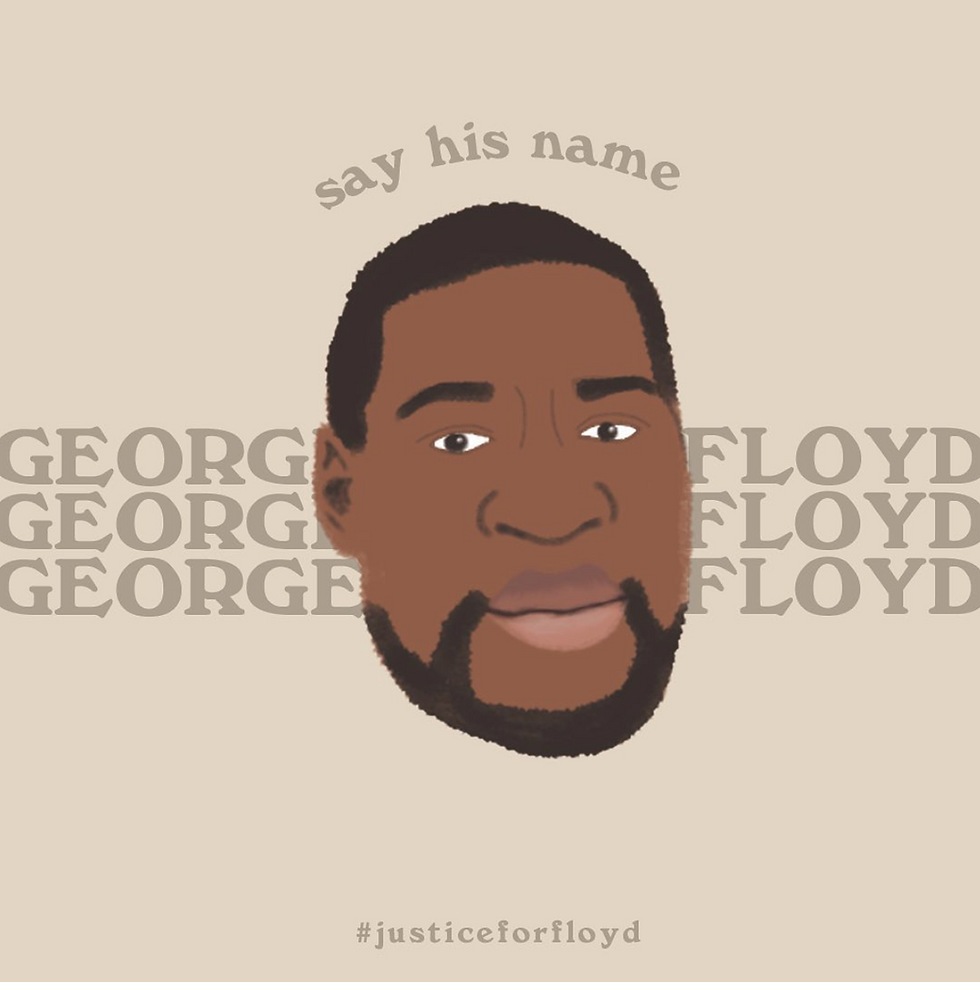An analysis of the US killing of top Iranian military official
- Tom Hargil
- Jan 4, 2020
- 3 min read
Updated: Jul 29, 2020
Writing by Tom Hargil

Image courtesy of AP
What happened?
The death of Iran’s most powerful military commander marks a dramatic escalation of Iran-US tensions. General Qasem Soleimani was killed by a US air strike (along with six other people) in Baghdad International Airport, Iraq. The strike was confirmed by the Pentagon on Thursday. President Trump reacted to the news by tweeting an American flag. Iran's foreign minister called the event an “act of international terrorism.”
Why?
According to the US, Soleimani was a terrorist “actively developing plans to attack American diplomats and service members” and the strike, supposedly a retaliation to the US embassy attack in Baghdad on Tuesday, “was aimed at deterring future Iranian attack plans.”
In addition to claiming Soleimani approved the embassy attack, Washington claims that the Quds Force, the unit of Iran’s Revolutionary Guards (IRGC) commanded by Soleimani, is a “foreign terrorist organization.” It also asserts that Iran is responsible “for 17% of all deaths of U.S. personnel in Iraq from 2003 to 2011.”
What now?
Iran’s Supreme Leader Ali Khamenei reacted by announcing three days of national mourning and declared that “severe revenge awaits the criminals” behind the strike. In a security alert, the US embassy in Baghdad urged American citizens to “depart Iraq immediately.” Several European countries have warned their citizens in Tehran and Baghdad over security fears.
The strike was condemned by Russia who called it a “murder” and a “reckless step.” Iraq’s prime minister offered similar disapproval, calling it an “assassination” and “the spark of a devastating war in Iraq.”
China called for all sides, “especially the United States”, to show restraint. The Leader of the Opposition in the UK, Jeremy Corbyn, said the British government "should urge restraint.” Britain’s foreign secretary also urged “all parties to de-escalate.”
In response, many Iranians attended “anti-American, anti-Zionist” rallies to “express anger at the United States” on Friday. A spokesperson for the IRGC blamed the strike on “the Israelis and the Americans” warning that Israel will be “mourning” soon. Israel’s prime minister cut a trip to Greece short in order to discuss the security situation with officials.

Protesters burn US flags in a demonstration following the death of Qasem Soleimani, a top Iranian military commander, from a US drone strike. Image courtesy of AFP.
American presidential candidate Elizabeth Warren called Soleimani “a murderer” but said that the strike was “a reckless move". "Our priority must be to avoid another costly war,” she added. Another candidate, Bernie Sanders, reacted similarly, saying “Trump promised to end endless wars, but this action puts us on the path to another one.”
In stark contrast, several Republican politicians have condoned the strike. “We will not let attacks against Americans go unpunished,” said the US House of Representatives’ minority leader, Kevin McCarthy.
A Lebanese militant group, Hizbollah, widely considered a terrorist organisation (a group which has been bolstered by Soleimani), called for his death to be avenged. Mr Khamenei, Iran’s supreme leader, attended a National Security Council meeting on Friday during which important decisions were likely made but not revealed to the public. He has already named Soleimani’s replacement as General Esmaeil Qaani.
Oil prices have surged globally. The price of Brent crude rose by 4% following the strike, as analysts believe oil production in the Persian Gulf could be affected. Iran is the fifth largest oil producer in the world.
What’s next?
This story will certainly advance over the foreseeable future. Though it likely won’t cause a Third World War as youth on social media are fearing, it may escalate further, sparking a direct Iran-US conflict. Such a war could last for years or decades, with even greater implications.
Israel will be a major player in such a war, as Iran blames “Zionists” and Israelis for the strike, and Israel’s close proximity as well as rising tensions in the region make it an attractive target. Hizbollah will join that fight on Iran’s side. Other players who might get involved include Saudi Arabia in the West and Bahrain and Qatar in the East. Russia is unlikely to get directly involved. If Iraq’s prime minister is to be believed, Iraq could serve as a battleground for this conflict.
However, a relieving alternative may still await if Mr Trump heeds China and Britain’s requests for restraint or if a Democratic candidate such as Mr Sanders is elected US President this Autumn. From its vows for vengeance we can safely expect some form of retaliation from Iran, whether that will initiate a war or not depends on how aggressive America’s response will be.
We find ourselves at a crossroads which could proceed on either of two very different paths. Which one is chosen will depend on the severity of Iran’s retaliation and America’s response. Follow The Bigger Picture to stay updated.



Comments